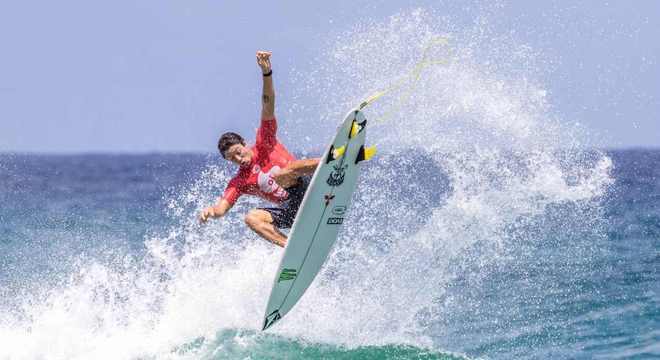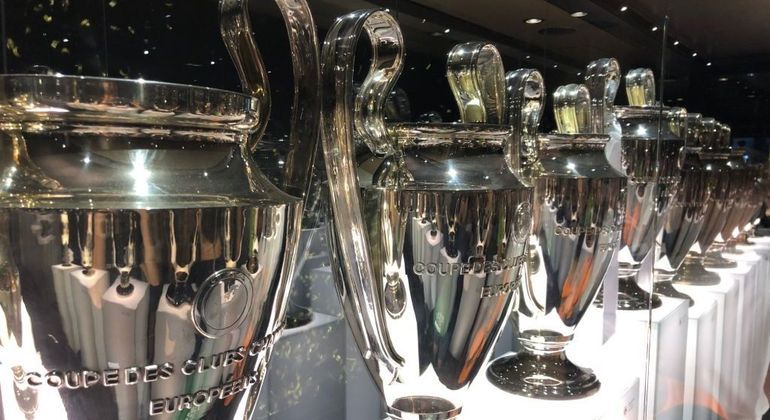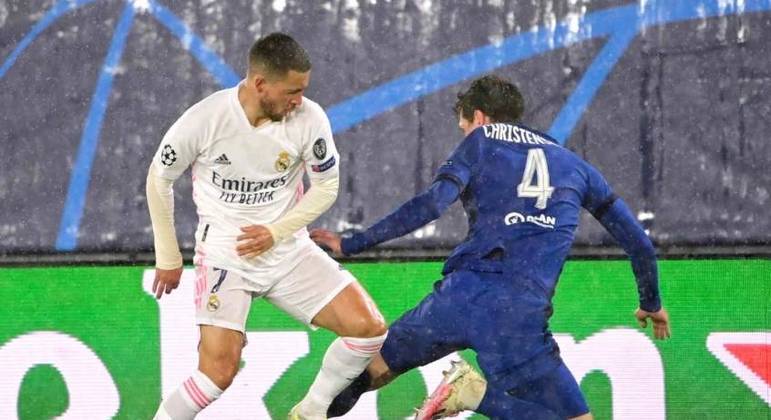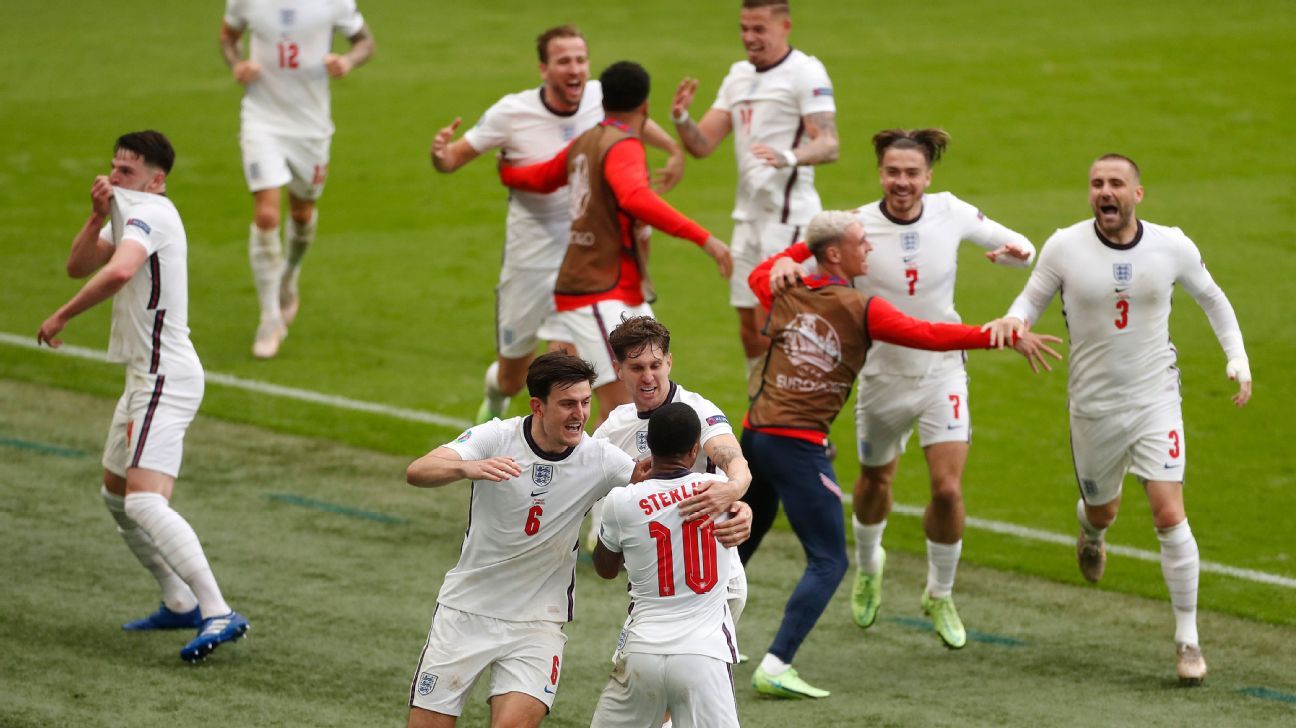[ad_1]
Three of the top eight seeds in the women’s draw advanced to the semi-finals at Wimbledon. The other semi-finalist just happens to be a three-time Grand Slam champion.
While second seed Aryna sabalenka will face the seeded n ° 8 Karolina Pliskova, first in the series Ash barty will assume Angelique Kerber, which won the Venus Rosewater Dish in 2018.
Who will qualify for the final on Saturday? And how big an X factor is the experience at this point? We ask our experts to preview Thursday’s semi-finals.
1. Who will be in the final and why?
Simon Cambers: Barty and Pliskova. Barty just seems like a woman on a mission, 50 years after Evonne Goolagong’s first title here. Kerber will face a lot of questions in the semifinals, but she has the variety to progress. Pliskova appears to be playing without pressure, while Sabalenka is likely to be a ball of nervous tension.
Kathleen McNamee: I think Kerber and Pliskova will meet in the final. Barty struggled with her serve during the tournament, and with Kerber hitting her pace on her favorite court, I think she can overtake the world number 1. The second semi-final is more interesting because it is a first for both. Pliskova has arguably had the most stable tournament than Sabalenka and I think that confidence will see her through.
Tom Hamilton: Kerber will meet Sabalenka in the final. Both peak at the right time, and as this championship has proven, form is king.
James Blake: Barty and Sabalenka. Barty just has too much variety in his game, and Sabalenka finally has the weight of his shoulder for a good Slam result.
D’Arcy Maine: This is difficult. But eventually Sabalenka and Kerber will meet on Saturday with the title on the line. (Have I changed my answer several times? Yes.)
Everything has come together perfectly for Sabalenka, and she has proven how hard she is to beat in non-Slams before. Now that she’s regained her confidence and her pace and made her way through week two, she will dominate Pliskova and make her first major final.
Kerber has always been dominant throughout the fortnight and only improved as the tournament progressed. Barty, however, has shown moments of vulnerability and has struggled with injury this season. Kerber’s regained consistency and momentum will ultimately be too much for Barty.
2. Pliskova and Sabalenka did not win a Grand Slam singles title, while Barty and Kerber combined four. What is the difference between the experience at this point?
Cambres: It helps a lot. The semi-finals are a huge scene, and knowing how to seize the opportunity and handle the full crowd makes a big difference.
McNamee: Having the big game experience will give Barty and Kerber the confidence that they know they can do it on the bigger stages. However, if Pliskova and Sabalenka can harness their adrenaline the right way, that just might be the extra edge they need to win it all.
Hamilton: It’s enormous. Wimbledon is doing weird things to put players under pressure, and it’s about seizing opportunities and blocking out the noise. Kerber and Barty have done this before and have this irreplaceable experience.
Blake: Experience is highly valuable, but the comfort of playing a familiar opponent can help make up for some of that.
Maine: The experience cannot be underestimated. Barty and Kerber certainly have an advantage, as they both know what it takes to be the one to hoist a trophy on the last day. However, as they face off in the semi-finals, that advantage seems almost nullified at this point. Kerber may have a slight advantage as she has the experience of winning at the All England Club, but Barty’s victory is more recent. Anyone who escapes this semi-final clash certainly goes into the final with an added advantage, as they understand not only what it takes but also everything that comes with the game on the final day, including the hype and the intense media attention.
Of course, Pliskova also reached a major final, so she has some understanding of that, and Sabalenka experienced it on a smaller scale with her two major doubles titles. And, not to mention, if last month’s Roland Garros taught us anything, experience is not always necessary.
3. Is Kerber back to the form that won her Wimbledon in 2018?
Cambres: I would say it is. It’s pretty amazing considering her form during the first half of the year, but I feel like she really struggled during the pandemic, playing in front of empty stadiums. Now that the crowds are back and she’s playing on her favorite surface where her flat groundstrokes bring more penetration, she’s dangerous.
McNamee: Kerber has recovered well since his disappointment at Roland Garros. She’s back on her home turf and showing why she won in 2018. The result at Bad Homburg was the perfect confidence boost ahead of Wimbledon, but there’s still some doubt she hasn’t quite recovered. the highs of 2018. After all, his home The public’s victory was his first since that famous Wimbledon result. It has shown great results, however, and I wouldn’t be surprised to see it go all the way.
Hamilton: Absolutely. She’s been playing the best tennis since. She has just won at Bad Homburg, her first title since her last at Wimbledon, and while she may be going under the radar here, she can win her second title at Wimbledon. She looked great against Coco gauff and ride the wave of self-confidence.
Blake: Kerber is back to playing well enough to win here on what should be his best surface, but I think Barty has too much variety and ability.
Maine: Perhaps? Kerber has certainly played his best tennis since that win, but perhaps more important than that, it believe she’s as good as she was when she won Wimbledon?
It’s clear from her last three major appearances – all of which resulted in first-round exits – how much she’s struggled with her self-confidence. But, in part thanks to her turf title at Bad Homburg last month, she seems to have remembered how dangerous she can be on the surface. Gauff and Karolina Muchova are both incredibly talented young players, but Kerber never faltered in any of the matches. Does she believe enough to overtake the No. 1 player in the world? We will have to wait and see.
4. What impressed you the most about this Sabalenka tournament? What must she do to go even further?
Cambres: The way she handled herself in difficult situations. She kept her cool and apparently managed to find the balance that was lacking in the past. She has the power to win everything; she just needs to pick the right time to pull the trigger.
McNamee: Sabalenka has really grown up in this tournament. She admitted that she suffered from nerves at first, but she recovered well. She even looked surprised after beating the fan favorite Ons Jabeur that she wasn’t feeling any more nervous or as emotional as she had been on previous laps. If she can keep that inner peace that she has found, then it could be a huge few days for her.
Hamilton: She translated her power play into points here and managed her own nerves. She was open about the pressure she put on herself and she is now channeling those emotions into a wonderful race here.
Blake: Sabalenka still hits with a lot of rhythm, but the fact that she controlled her forehand has remained constant.
Maine: Sabalenka has long had the talent, ability and drive to win big titles, but seeing her put it all together at the same time was great to watch. While she never had much trouble winning non-Slam titles or even major doubles titles, it always seemed like something was missing on the bigger stage. But not anymore. After her win on Tuesday, she said she focused on certain aspects of her game entering the tournament, not just her win, and she thinks that made a difference.
If she takes the same approach – focusing on what she can improve rather than how she can win – in her semi-final game and continues not to be intimidated by the moment, she’s just as likely. than anyone to reach the final. .
5. With the unpredictable nature of women’s tennis lately, what do you think of the top two seeds and three of the top 10 that advance to the semi-finals?
Cambres: It’s more than that: a world No. 1, two former world No. 1 and a world No. 2. It is a quality quartet that responded to their return to Wimbledon. Each, in their own way, seized the opportunity.
McNamee: At the start of Wimbledon, anyone could have closed their eyes and pointed at a board to guess who could have made it this far. Does having the best players in this final mean things are working out? I do not think so. There are too many talents that have impressed over the past week and a half (Emma Raducanu, Gauff, Jabeur) to say that the chaos is over and it’s going to be exciting to watch it unfold.
Hamilton: Amid the unpredictability and madness, the fact that Barty and Sabalenka have made it this far brings order to the madness. But given that there have been 12 different semi-finalists through the Grand Slam this year, there is still a lot of twists and turns on this roller coaster. What this proves is that a monopoly on the women’s game seems far away, and there is an opportunity here to win the sport’s biggest prize.
Blake: This is the unpredictable part of this event. It has not happened lately that the seeds have held.
Maine: The French Open exemplified the depth of women’s play and how so many people in a main draw are capable of winning the title. The varied results at Wimbledon throughout the fortnight show that this is still true, but that those at the top of the table are there for a reason.
Even though the four semi-finalists are seeded and three are in the top 10, few would have predicted that this group would be the bottom four. This is the first time Sabalenka has passed the fourth round of a Slam, Pliskova’s first major semi-final since 2019 and Kerber’s first since 2018. Barty was the only one seen as a favorite entering the tournament.
Almost any woman playing in a major tournament can win a title, and as obvious as it sounds, that includes the top players as well.
[ad_2]
Source Link






